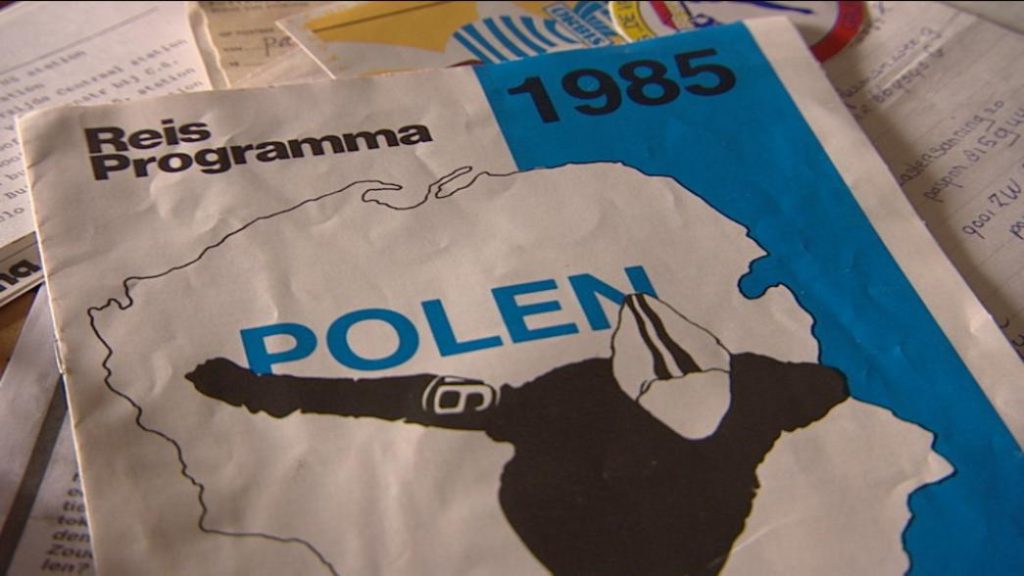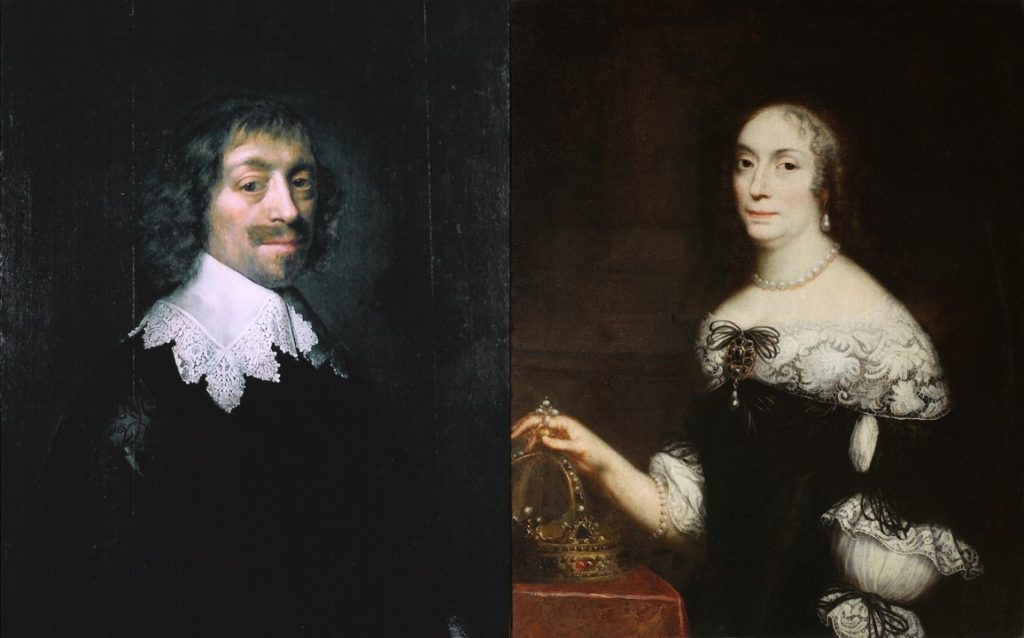Have you ever heard of the Polish Elfstedentocht? It is a truth universally acknowledged that the Dutch love ice skating. At the 2022 Winter Olympics, the Dutch team once again won multiple medals on the ice. Possibly the most famous and thought-provoking ice skating tradition in the Netherlands is the so-called Elfstedentocht (Eleven-City-Tour), a tour of almost 200 km via eleven towns in Frisia, skated on natural ice. The first Elfstedentocht was held in 1909, and a total of fifteen tours have been skated thus far.

The Elfstedentocht also has a Polish connection. In 1985, when it looked as though the real Elfstedentocht could not be organised due to unfavourable weather conditions, several Dutchmen and -women travelled by bus to Poland, where an alternative tour was planned. Unfortunately, on the night they arrived at their hotel, it was announced that the real Elfstedentocht would be held after all! The skaters did their best to organise a swift return to the Netherlands, which at that time – with the Iron Curtain still in place – proved quite the challenge. In the end, most of the Dutch skaters made it back home in time. One of the men who hurried back was Rein Jonker, who was a contender for the tour’s title. He finished in fifteenth place, however. The following year, at the fourteenth Elfstedentocht, Jonker came in second.
This does not mean that there was no alternative tour in Poland. In fact, Polish versions of the Elfstedentocht were organised in both 1985 and 1986.
More information can be found here.
*I originally wrote this post for the social media outlets of the Dutch Embassy in Poland. This was post no. 27.
